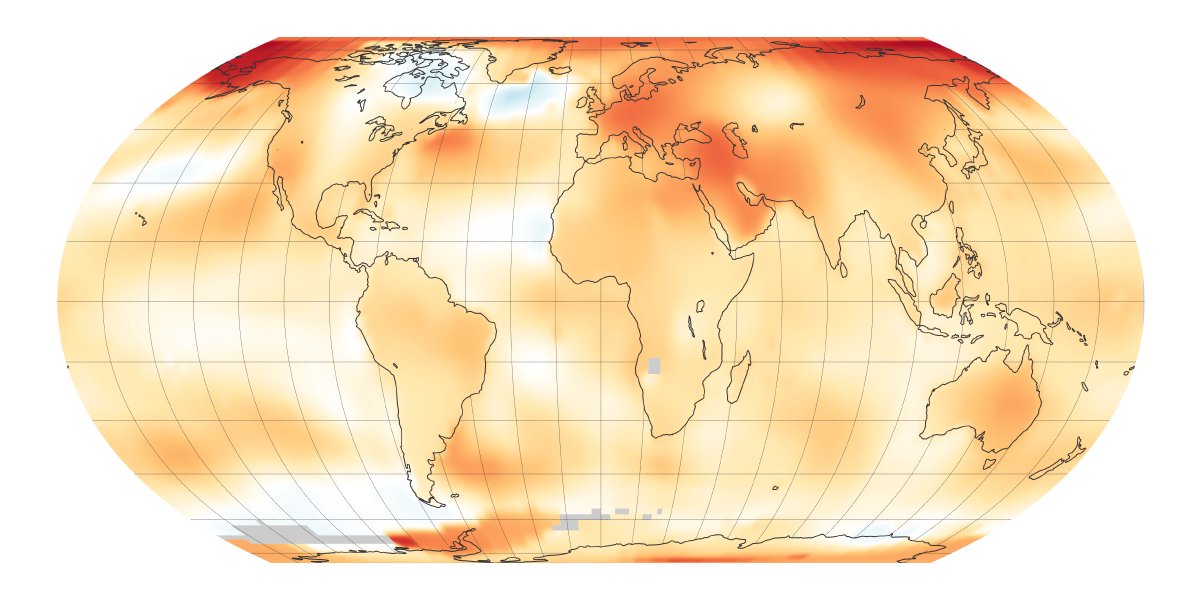When it comes to climate change in the MENA region, a lot of focus is put on what future changes could mean to the region& #39;s trade, especially of oil and gas. But countries in MENA have skin in the game: they will be some of the most impacted by temperature rises. (thread)
For instance, Qatar& #39;s average temperatures have *already* risen more than 2 degrees Celsius above preindustrial times. Average temperatures in Iraq are increasing at a rate that is 2 to 7 times faster than global average. https://www.researchgate.net/publication/319125692_Long-term_trends_in_daily_temperature_extremes_in_Iraq">https://www.researchgate.net/publicati...
These temperature rises will exacerbate water stress. The region cannot afford this, it is already the most vulnerable in the world, home to 12 of the 17 most "water stressed countries". Perpetual droughts since 1998 have been the worst in 900 years. https://www.wri.org/blog/2019/08/17-countries-home-one-quarter-world-population-face-extremely-high-water-stress">https://www.wri.org/blog/2019...
This will exact an economic toll that the region cannot bear. According to the World Bank, the cost of climate-related water stress alone could reach between 6% and 14% of GDP by 2050. https://www.worldbank.org/en/topic/water/publication/beyond-scarcity-water-security-in-the-middle-east-and-north-africa">https://www.worldbank.org/en/topic/...
The extra heat will mean an increase in demand for cooling, which already accounts for up to 70% of peak residential electricity demand on the hottest days. By 2050, when temperatures could have increased by 4 degrees Celsius, electricity demand for cooling is expected to triple.
Rising temperatures and growing populations will also mean that there is an increased call on desalination. Today, the ME accounts for roughly 90% of the thermal energy used for desalination worldwide. Demand for desal is expected to grow 14-fold to 2040. https://www.iea.org/commentaries/desalinated-water-affects-the-energy-equation-in-the-middle-east">https://www.iea.org/commentar...
The choices made for cooling and desalination will ultimately decide the region& #39;s emissions trajectory going forward. There have been positive steps in some countries. All of the desal plants currently being built in Saudi are RO, which could theoretically run on renewable elec.
Worryingly though, there is a huge dissonance between the severity of the threat, and people& #39;s perception of it. According to a YouGov poll, less than half of those polled in the region thought they or their country could be doing more: https://www.arabnews.com/node/1564706/middle-east">https://www.arabnews.com/node/1564...

 Read on Twitter
Read on Twitter


